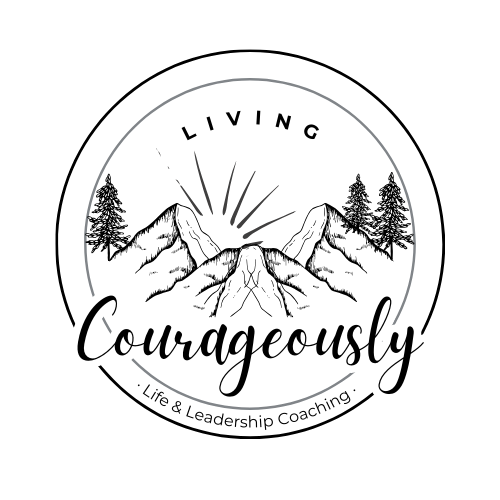Dealing well with regret enables us to grow, develop and push forward with deeper wisdom and fresh hope. But as we looked at last time, while regret can be good food for thought, it can also be something that consumes us; when the gnawing of remorse threatens to consume us from within, it IS nevertheless possible to escape its bite and use our past experiences as fuel for the future.
How?
When our regrets and mistakes are looked at with a posture towards the past, regret is depressing because that incident is over, that word is said, that decision is made. It’s out of our control. We cannot change it.
But if we turn our posture to face forward, looking back carries the potential to help us act differently next time round.
After all, a fundamental axiom of coaching is that:
“[It’s] the awareness of dissatisfaction [that] creates our energy for transformation and improvement.”
Jenny Rogers (2016:138)
In other words, where regret threatens to keep us stuck in the past, the trick is to get ourselves moving again; we can view our leadership mistakes of the past not as anchors pulling us down but grappling hooks with which to climb.

Working together with a coach can help us reframe your regret and work healthily through what’s happened with fresh vision for the future. Click here to book in a session and get started.
But what can we do by ourselves? Here’s one main thing we can change to start pulling purpose from the past.
Bring New Purpose from Past Events and Experiences
Oftentimes our dwelling on regret leads to ruminative cycling because we don’t have a purpose in going there. It’s like entering a room and forgetting why you walked in. It’s also this lack of focus that means many simply keep the door closed and never enter.
We need to have specific, clear reasons for reflection, like:
- I want to become a better leader
- Understanding how my team works is important for me so we meet our targets together
- I want to close the previous chapter well so I can walk into future decision making with freedom and confidence
- We want to learn what led up to that situation last time so we can intentionally choose a different path for the future
- (What would make reflection powerful for you?/your team?)…
What specific purpose is my/our reflective practice (or lack of it) serving right now?
In asking this question we might discover that our our current purpose for dwelling in negative thinking about the past is suspiciously vague. We keep going back there to try to make ourselves feel better about ourselves or something that happened, yet never quite reach a conclusion or satisfying result.

If mentally cycling in regret has become a habit, a way to punish ourselves for what we did wrong or so normal that we can’t remember when we last focussed on the positives, we might need extra help to work through it. Working with a coach or counsellor can help us to walk free from self-limiting beliefs or fear of failure; to step into forgiveness of ourselves and others; or even to develop a clear, compelling vision for the future that makes the familiar comfort of revisiting the past worth leaving behind.
What could make reflecting on past regrets positive and purposeful going forward?
Identifying reflective purpose helps bring the nebulous sense of ‘I just feel bad about stuff’ into specifics.
In other words, we shift the “shoulda woulda coulda” regret tense into the active and powerful “I choose, I can, I will” decisions.

Helpful Reflection Questions as we Process Regret
- What in particular do we want to learn from this past incident? (Find your reflective purpose)
- What happened?
- What do we specifically regret? (“I regret x moment/decision/situation specifically because…”)
- What does this show about what we value?
- What action is needed to bring closure to this event? (apology/forgiveness/communication..?)
- Who do we want to become as a result of this event? (Character/identity shift)
- If a similar thing happens again, how do we want to behave differently? (Management/leadership)
- What would help us to remember these things and stay accountable in this process?
So, what step would help bring growth to your reflective practice when it comes to regret?
Is our remembering and regretting sapping the life from our bones, draining away hope and leaving us lethargic in life? Then it’s time to take charge, find a reflective purpose and use our past to develop deeper character and empowered action for the future.
Want someone to journey with you in this? Let’s have a chat.
1 Rogers, J (2016:138) Coaching Skills. 4th Ed. Maidenhead: Open University Press
Photo thanks to Jason Goodman on Unsplash


Leave a Reply